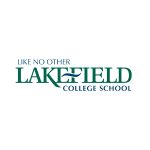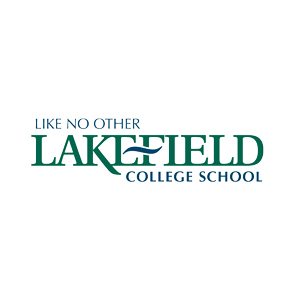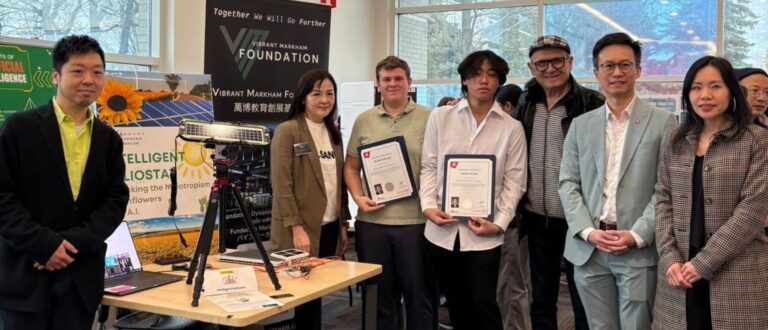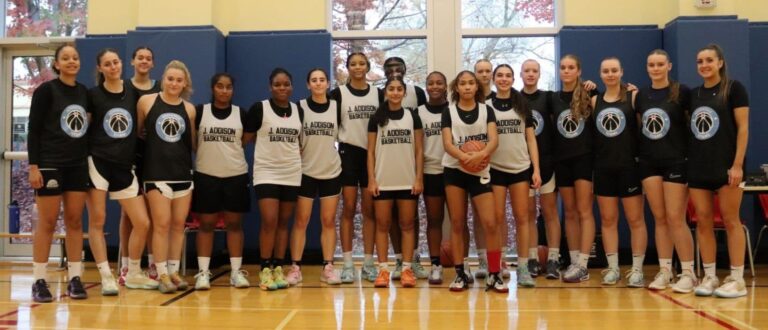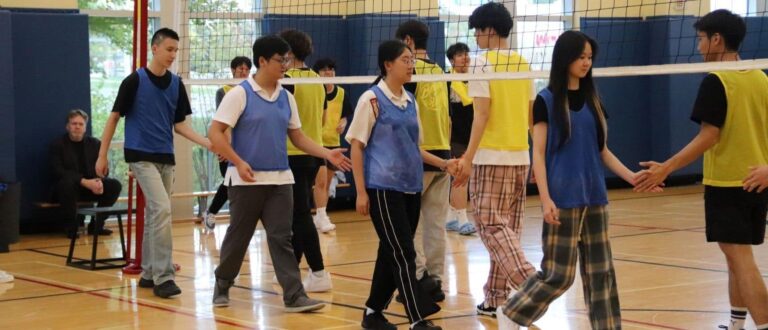Lakefield College School’s Global Ideas Institute team pitched their solution at the Global Ideas Institute Symposium in April 2022. Their pitch addressed the topic: Advancing Health Equity During the COVID-19 Pandemic and Beyond. According to Mr. Rollwagen, the group’s supervisor, “They did a fantastic job!”
Cassi ’22, Amina ’22, Jonty ’22, Francesca ’22, Tori ’22, and Olivia ’22 joined monthly meetings starting in October. During their meetings, they met with their mentors from the University of Toronto and listened to speaker series sessions to prepare for the symposium.
In the three months preceding their pitch, the group met weekly to design a solution for advancing health equity during the COVID-19 pandemic and beyond. They focused, in particular, on seeking to improve health equity for remote indigenous communities in Canada.
In consultation with industry professionals, the students worked together for months to create an innovative, forward-thinking response to this issue. Read their full pitch below (the pitch was accompanied by a slide deck during the presentation).
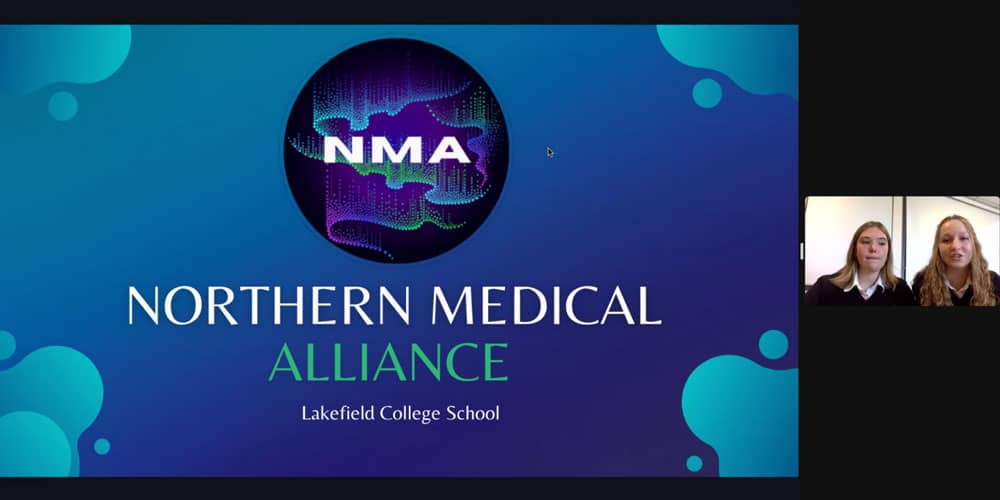
Hello. My name is Olivia and I am Tori, we are from Lakefield College School and we represent the Northern Medical Alliance alongside Jonty, Franci, and Amina. Today we are here to discuss the problems that rural indigenous communities face within the healthcare system.
What are the issues at hand?
The resources provided to Indigenous communities are frequently restricted in breadth and stretched thin. In Canada, rural and remote locations have unique challenges in accessing high-quality health care. People in these areas often have to travel significant distances to obtain help. Specifically for mental health despite the growing popularity of internet-based therapies, services are often overburdened, with long waitlists, and inadequate communication infrastructure. In many isolated settlements, food security, housing, transportation, and access to clean water are still major concerns. Three to five only have air connectivity or rely on unreliable infrastructures. For jobs, education, and health care, residents must frequently travel long distances.
Facts and Figures
This graph measures HDI scores, which is a summary composite measure of a country’s average achievements in three basic aspects of human development: health, knowledge and standard of living. The data was recorded a decade apart, and each time Indigenous peoples, specifically Inuit people had significantly lower scores, proving the inequity for this specific population of Canadians.
Not to mention, the mental health crisis is an ongoing concern everywhere, but specifically within these rural Indigenous communities. We consulted with a woman from a rural Indigenous community in Nunavut and we learned from her about the impact that the pandemic has had on individuals’ mental health in these communities. This is a major issue that needs to be given the immediate attention and support it deserves.
Our Solution
The Northern Medical Alliance is an organization that aims to reduce the health inequity faced in Northern Indigenous communities through educating, communicating, and supplying medical equipment to isolated Indigenous communities in northern Canada. Although nurses currently travel to these regions, our solution will be a simple way for these communities to form long-term connections with doctors, without having to send doctors there frequently. Doctors and mental health professionals will visit these places to teach the communities first aid and mental health crisis training. Due to the pandemic, depression and suicide rates have increased all over the world, so now is a better time than ever for these communities to be receiving the mental health education that they may need. This also allows these communities to combine their personal beliefs regarding medicine with first-aid practices. Afterwards, computers will be installed in the health centers of these communities where people have the opportunity to check in with the doctors and other professionals afterwards. Finally, medical supplies such as first aid kits and vaccines will also be sent to the communities to ensure that they have the resources that they need.
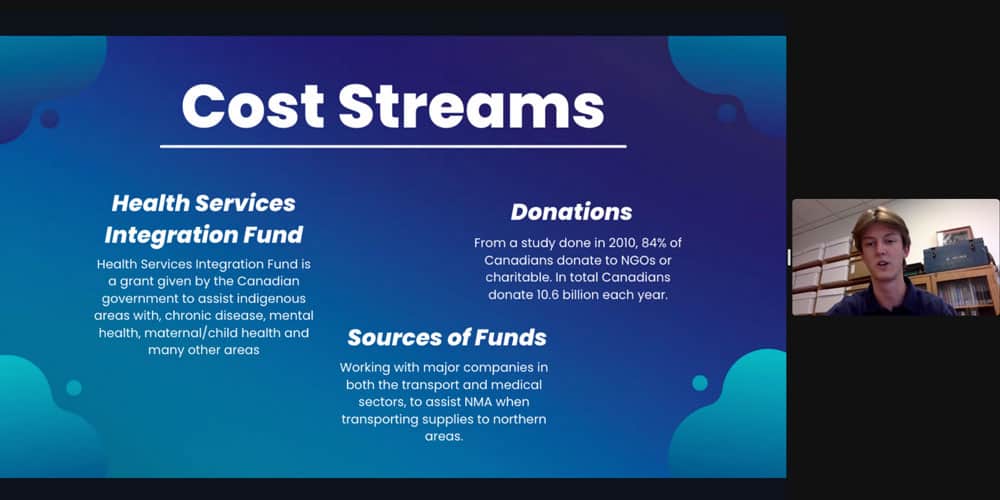
Cost Streams
Non-governmental organizations (NGOs) create capital from many streams such as donations, government grants, and charitable foundations. We will seek capital from three streams, grants, donations, and assistance from large for-profit organizations. A health service integration fund is for companies or groups that assist Indigenous individuals and communities in several major areas. We will focus on chronic health, mental health and system logistics. Donations will come from private individuals, in a study from 2010, 84% of Canadians donate to NGOs each year.
Investments
But how? The multinational company known as Amazon has done investments that have supported nearly 1.6 million indirect jobs in fields like construction and hospitality. They actively work to help communities by responding to the urgent needs of reducing hunger and homelessness. They identify partner organizations, nonprofits, and charity organizations. For example, Amazon contributed more than 25 million products to their global charity partners in 2020. Amazon founder and CEO Jeff Bezos made the single-largest charitable contribution in 2020 — a $10 billion gift aimed at fighting climate change.
The Northern American Alliance thinks Amazon will be happily engaged in this type of project since the company will be able to gain fame. It will be beneficial since Amazon will donate money to another type of problem, such as health inequity, and so will diversify in also some non-profit actions.)
Channels and how this is addressing the problem/our research:
Geographical barriers, health system flaws, and a lack of health personnel resources prevent Indigenous peoples from obtaining equal access to health care as compared to the rest of the Canadian population.
As Tori mentioned in our solution, depression and suicide rates continue to rise however our solution will open up the opportunity to people and successfully give them easier access to diagnostics, prescriptions, and assistance. We suspect these rates will decrease following access to mental health care and will be more widely available.
Our strategy, particularly our education and immunization programmes, are tailored to meet the challenges shown on the slide. As a result, the number of individuals who pass as a direct result of these causes will decrease.
Conclusion
The Northern Medical Alliance believes that access to fair and equitable universal health care improves physical, mental, emotional, and social outcomes.
When students reflected upon their experiences, they noted that the GII program helped them develop skills for their future education and career goals.
I think that the GII program helps me develop skills that would help me in a possible career route I have been thinking about, which is business. Firstly presenting and creating a pitch and having to be very concise with your information but get your point across in the most effective way. I believe this could be very helpful to me in the future.
Olivia ’22
This project was completely different from our school classes. Here, we had to join different types of meetings and find time outside our busy schedules to meet and come up with a solution. It was amazing to see the hard work that we have done on our own. This experience can help each of us to deeply think about the current problems of this modern world, and come up with a solution, that has to include different points, from the costs to the channel to the unfair advantages.
Francesca ’22
